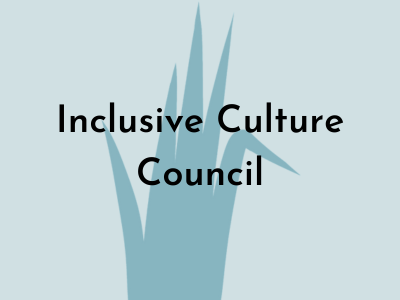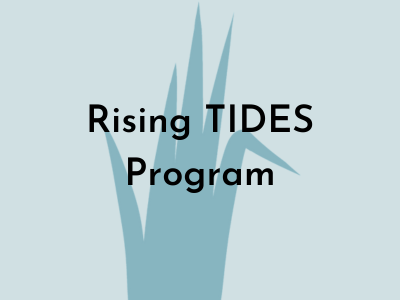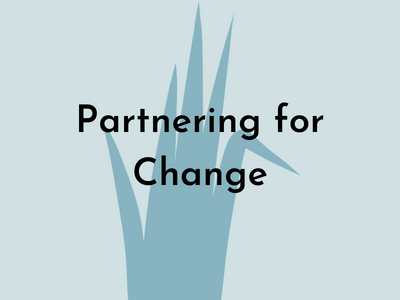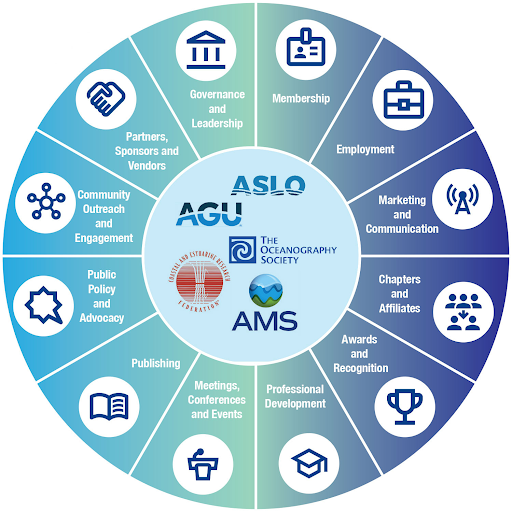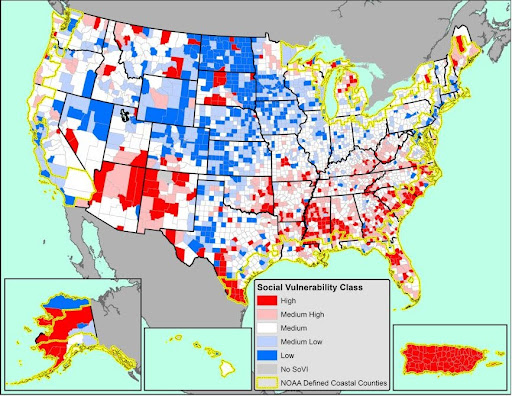- About
- Affiliates
- Join
- Publications
- Estuaries and Coasts
- CERF's Up! Quarterly Bulletin
- Coastal & Estuarine Science News (CESN)
- CERF-Lit
- Advertising
- Programs & Events
- Inclusive Culture
- Communities
Inclusive CultureCERF is dedicated to broadening participation in coastal and estuarine science and management. CERF's Inclusive Culture programs promote opportunities for individuals from groups underrepresented in CERF disciplines and professions while cultivating a culture of belonging that actively engages and leverages diversity throughout our organization. Defining Diversity and Our ValuesCERF respects and values the many facets of diversity. These include differences among individuals in social identity such as race, ethnicity, national origin, gender, gender identity and expression, religion, sexual orientation, physical ability, veteran status, and socioeconomic background, as well as differences in discipline, career path, and life experience. From these differences arise a wide range of perspectives and approaches to problem-solving. CERF’s programming focuses on increasing the diversity and equity of our society by creating an inclusive culture where everyone feels a sense of belonging and is empowered to contribute to our mission. By creating a culture of inclusion and belonging, and leveraging our differences as a strength, the relevance and effectiveness of coastal and estuarine science in tackling complex ecological and societal issues will be enhanced. CERF has articulated our commitment to diversity, equity, inclusion, justice, and accessibility (DEIJA) in its foundational documents. CERF’s Constitution and Bylaws, Vision, Values, Code of Ethics, Visions V (2023-2026 Strategic Plan), as well as many of our policies, explicitly articulate DEIJA principles and compel CERF to consider all the work we do through a multicultural equity lens. The Inclusive Culture Council (ICC) guides the development and implementation of DEIJA initiatives throughout CERF and provides oversight to ensure DEIJA is considered in all the work we do. Current programs include Rising TIDES (Toward an Inclusive, Diverse, and Enriched Society), which supports students and recent graduates from groups underrepresented in CERF disciplines to participate in a year-long program with mentoring, professional development, and networking to increase their sense of belonging and encourage them to pursue careers in marine science; and the Inclusive Leadership Program, which supports coastal and estuarine professionals from all career stages to be culture change agents through personal and professional development activities, with the goal of creating and sustaining a more equitable and inclusive field. The ICC has taken additional actions to CERF also collaborates actively with partners to expand diversity, equity, inclusion, and social justice throughout the coastal, ocean, and marine science enterprise. Rising TIDES also supports efforts to include inclusive practices, training, and activities for all CERF members and the broader community to help professionals become champions of inclusion and create culture change in our discipline. Please click the links below to find out more!
Taking ActionIn addition to the activities described above, CERF has worked to weave DEIJA throughout all aspects of our society and disciplines. Some examples include: Guiding Document: The Broadening Participation Comprehensive Plan, approved by the Governing Board in 2017, guides CERF toward an inclusive culture and climate by building representational, structural, and interactional diversity. Safe and Welcoming Biennial Conferences: CERF staff and volunteers have made significant efforts to ensure the biennial conference and all CERF events are safe and welcoming for all. This includes: Beginning in 2019, the implementation of a Code of Conduct for all events, as well as mechanisms to report and investigate violations and take corrective actions as appropriate. CERF is committed to releasing transparency reports summarizing incidents and consequences after each conference to provide the community with a sense of how the Code of Conduct functions so they can build trust in the process and recommend improvements. Beginning in 2023, providing a neutral, independent, off-the-record conference ombuds to hear concerns confidentially and assist attendees with identifying options and resources to address conflicts or issues such as harassment, microaggressions, discrimination, or violation of the Code of Conduct. Beginning in 2023, elevating DEIJA efforts at CERF conferences by creating an Inclusive Culture Committee that is parallel to the Scientific Program Committee and Attendee Experience Committee. The co-chairs of the Inclusive Culture Committee are part of the conference core team which oversees all activities at the conference. This committee ensures the conference implements events and programs that make the conference a more safe and welcoming environment. This includes programs to support parents and caregivers such as a nursing mothers room and on-site childcare, the Ambassadors program which strives to ensure every attendee feels important and heard and has the best conference experience possible, affinity group events to connect people with similar identities for networking and support, DEIJA workshops and training opportunities, and oversight of all programming to ensure scientific content and attendee experience activities are inclusive and reflect a diversity of viewpoints. DEIJA Publications: The CERF ICC and staff have contributed to the following open-access manuscripts on DEIJA efforts in our disciplines.
Summary: Professional societies like CERF are critical agents of change for making the field more diverse, equitable, inclusive, just, and accessible. Professional societies have broad reach to professionals in a range of sectors and career stages and can act as standard setters for their disciplines, exemplifying and amplifying promising DEIJA practices, and assisting members with adopting these practices at their home institutions.This paper examines the role of professional societies in advancing DEIJA, including case studies and examples from five ocean science societies.
Summary: For most of the scientific disciplines associated with coastal and estuarine research, workforce representation does not match the demographics of communities we serve, especially for Black, Hispanic or Latino, and Indigenous peoples. This paper provides an overview of this inequity and identifies how a scientific society can catalyze representational, structural, and interactional diversity to achieve greater inclusion. |

